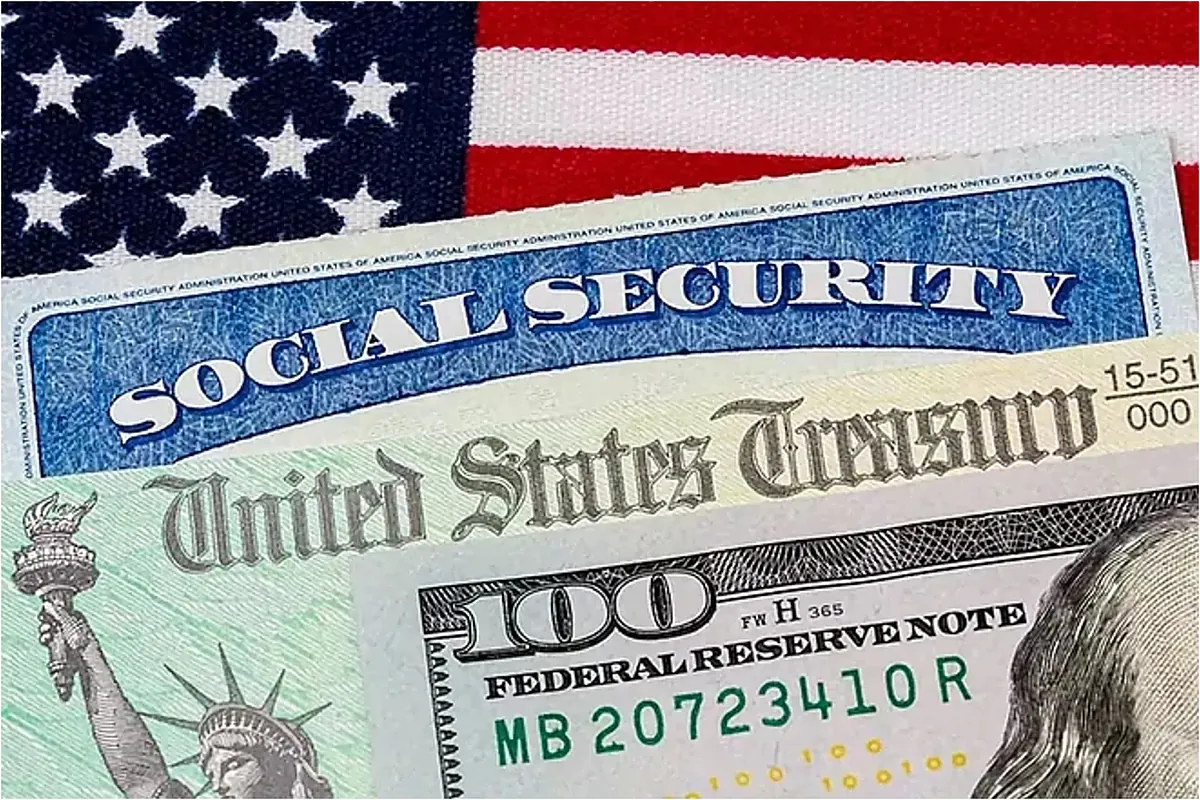

Social Security benefits can be garnished, but this depends on the type of payments and the nature of the debt. Common reasons for garnishment include overdue financial obligations such as unpaid taxes, federal student loans and child support.
There are strict limits on how much creditors can deduct, ensuring that some of your benefits remain protected. There are also certain debts that cannot be garnished from Social Security, such as credit card debt.
3 most common Medicare scams in 2025
For those who rely on Social Security payments for their basic expenses, this knowledge can provide some relief.
How the embargo works
This week in Culture: The best of the Met Gala and the one filmmaker to look out for at Cannes 2025
Government agencies, employers and creditors have the authority to garnish a portion of your Social Security benefits to cover unpaid debts.
For example, under the Consumer Credit Protection Act, an employer may withhold income for child support payments if a court order so requires.
However, garnishment of benefits does not always require a court order. The IRS, for example, can garnish Social Security benefits without a court order.
Even so, there are specific regulations governing this process, depending on the circumstances.
Child support
You will be subject to a levy of up to 50% of your Social Security benefits if you support a spouse or child other than the one specified in the court order.
If you do not support another spouse or child, you may be garnished up to 60% of your income after taxes. If you are more than 12 weeks in arrears, you will be garnished up to 65%.
If you are more than 12 weeks in arrears and support another child or spouse, up to 55% of your income may be garnished.
Student Loans
If you default on your student loan, you will be subject to a 15% garnishment rate. However, there is a rule that protects your monthly benefits: the government cannot leave you with less than $750 per month in benefits.
For example, if you received a monthly benefit of $800 and fell behind on some of your student loan payments, you would be subject to a garnishment rate of $120. You would not have to pay the full rate, as a $120 payment would leave you with less than $750 per month. Instead, the government would only charge you $70.
Federal income taxes
The 15% garnishment rate also applies to federal income taxes. If you are behind on your taxes, you will normally have to pay 15% of your Social Security benefits.
Other loans and debts
If you have credit card debt, payday loans, car loans, medical bills or personal loans, commercial creditors cannot access your federal benefits, including Social Security. This applies even if you have overdue payments.
Funds in a 401(k) plan are generally also protected from commercial creditors, as long as they remain in the account. If they do, they are protected by the Employee Retirement Income Security Act of 1974 (ERISA).
However, IRAs have less protection and may be more susceptible to garnishment.
Unless you owe back taxes or child support, banks must review your account history for the past two months. If Social Security benefits or other protected benefits were directly deposited into your account during this review period, the bank must protect those funds.
Please note that, depending on your state’s laws, creditors may still be able to garnish your wages. They may also be able to access other assets you own, such as a house or car.
This news was originally published on this post .











Be the first to leave a comment